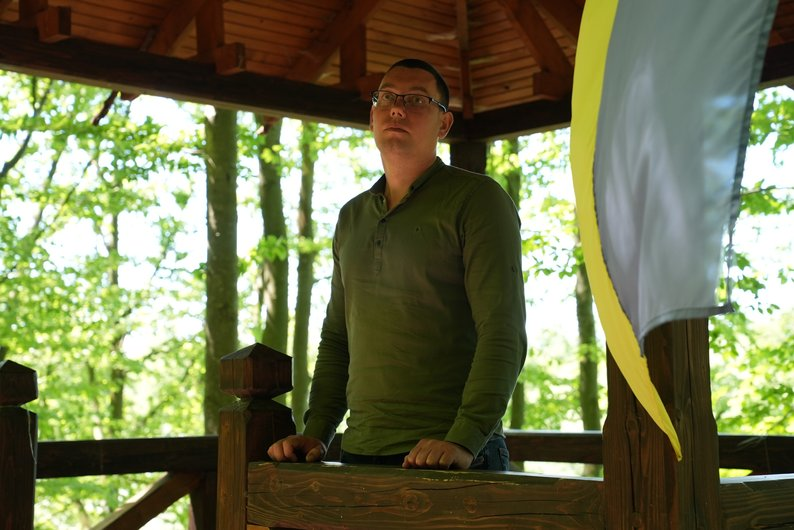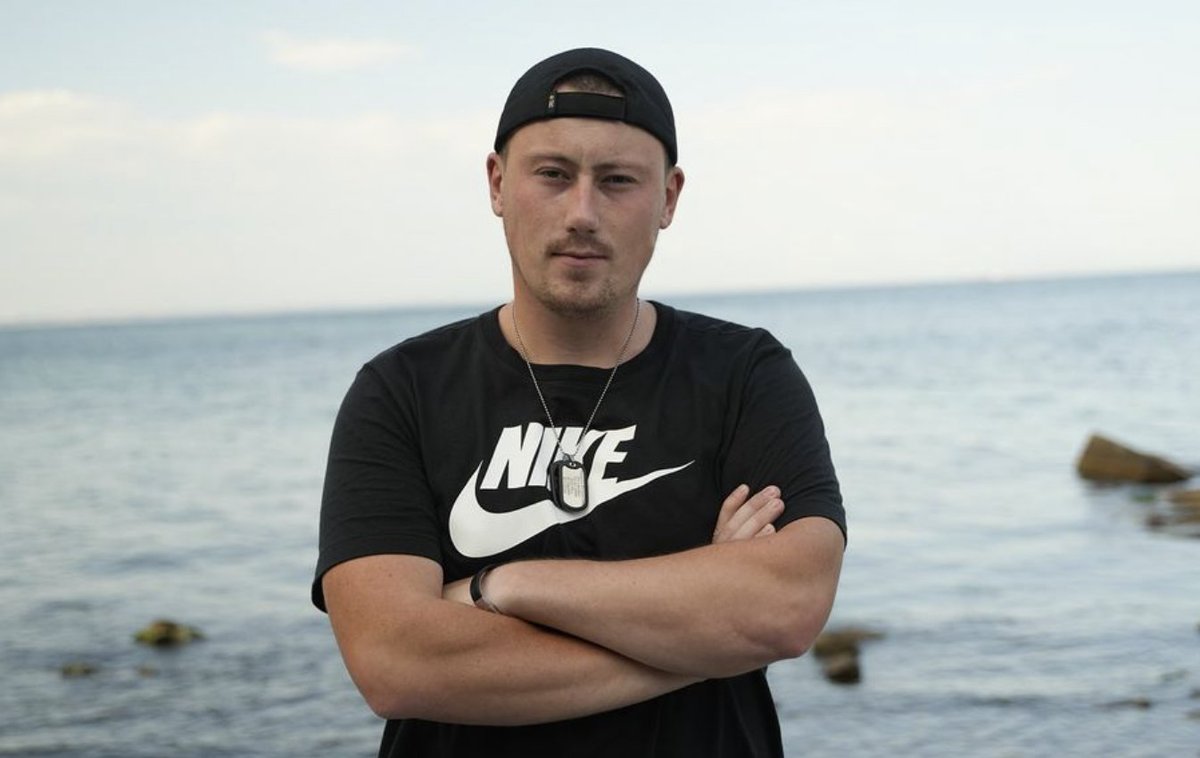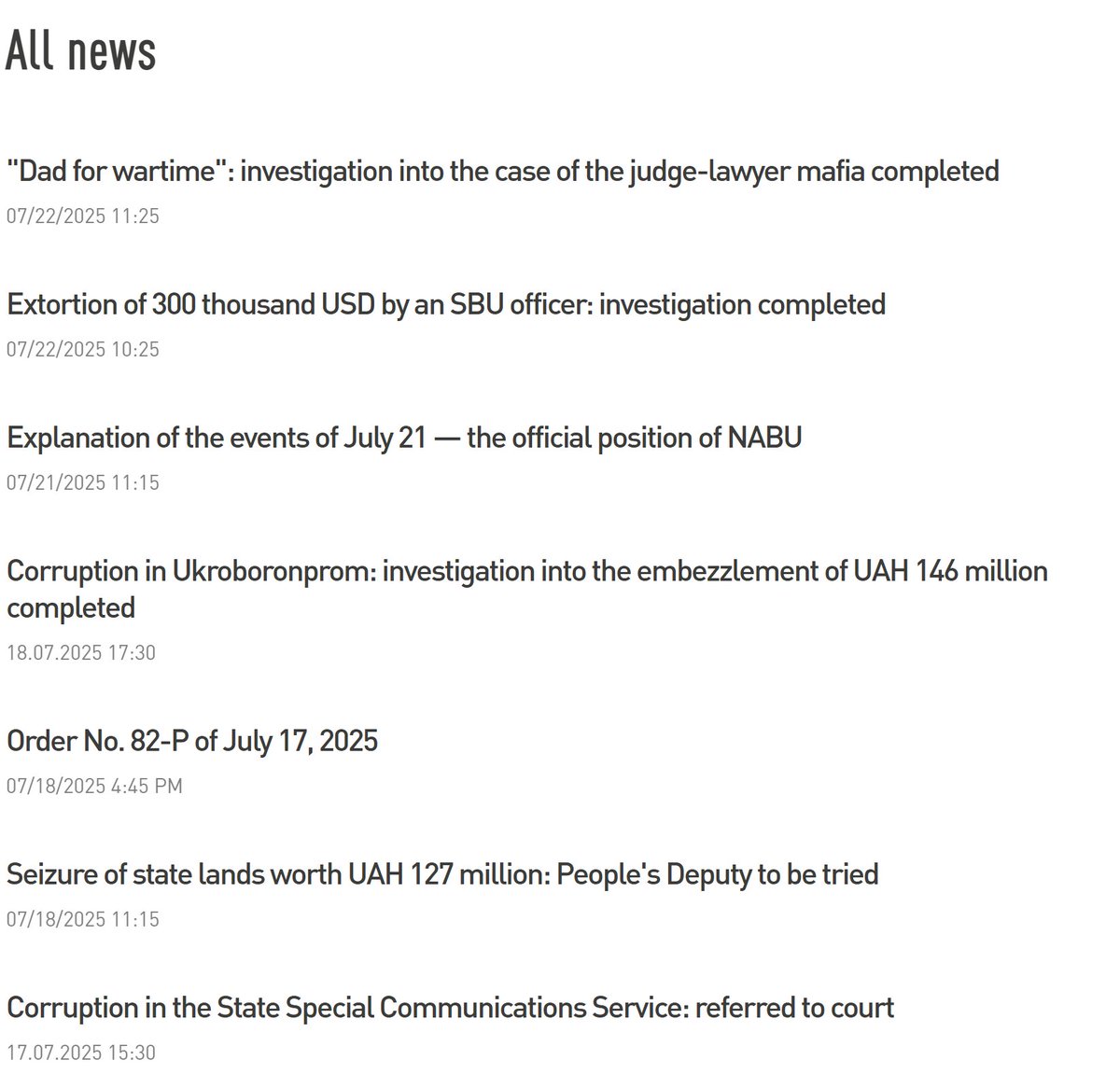🧵 THREAD: Major Prisoner Exchange Between #Russia, #US, and #Germany
Russia has exchanged several political prisoners with the U.S. and Germany. This follows years of complex negotiations and includes high-profile figures on both sides. #PrisonerExchange
Russia has exchanged several political prisoners with the U.S. and Germany. This follows years of complex negotiations and includes high-profile figures on both sides. #PrisonerExchange

Who Russia Received:
Vadim Krasikov, an FSB operative and notorious assassin, was a key figure in the exchange. He's known for several contract killings, including the assassination of Zelimkhan Khangoshvili in Berlin. /1
Vadim Krasikov, an FSB operative and notorious assassin, was a key figure in the exchange. He's known for several contract killings, including the assassination of Zelimkhan Khangoshvili in Berlin. /1

Spouses Artem Dultsev and Anna Dultseva, living in Slovenia as Argentine citizens, were detained for espionage activities. They were identified via fingerprints and confessed before the swap. /2 

Pavel Rubtsov, posing as Spanish journalist Pablo Gonzalez, was detained in Poland for spying for Russia. He gathered intelligence on Ukraine and Russian opposition activists. /3 

Roman Seleznev, a Russian hacker, was sentenced in the U.S. to 27 years for computer fraud and identity theft, causing over $169 million in damages. /4 

Vladislav Klyushin, a Russian businessman, was sentenced in the U.S. for insider trading, generating $93 million in illegal profits. /5 

Mikhail Mikushin, posing as a Brazilian professor in Norway, was charged with espionage and linked to the GRU. His mission failed spectacularly. /6 

Vadim Konoshchenok, a member of the Serniya smuggling network, was involved in exporting high-tech equipment for military use from the U.S. to Russia. /7 

Who the West Received:
Evan Gershkovich, a Wall Street Journal correspondent, was sentenced in Russia to 16 years for alleged espionage. He was arrested while reporting on public attitudes towards the Wagner Group. /8
Evan Gershkovich, a Wall Street Journal correspondent, was sentenced in Russia to 16 years for alleged espionage. He was arrested while reporting on public attitudes towards the Wagner Group. /8

Vladimir Kara-Murza, a political activist, was sentenced to 25 years for spreading "false information" about the Russian army. He won the 2024 Pulitzer Prize for Commentary. /9 

Paul Whelan, a former U.S. Marine, was sentenced to 16 years in Russia for espionage. He was detained in Moscow while receiving a USB drive allegedly containing FSB employee data. /10 

Ilya Yashin, an opposition politician, was sentenced to 8.5 years for spreading "false information" about the Russian army, particularly regarding the Bucha events. /11 

Alsu Kurmasheva, a journalist for Radio Free Europe, was sentenced to 6.5 years for spreading "false information" about the Russian army and failing to register as a "foreign agent." /12 

Oleg Orlov, a human rights activist, was sentenced to 2.5 years for his article criticizing Russia's actions in Ukraine. He has a long history of activism and facing government repression. /13 

Alexandra Skochilenko, an artist, was sentenced to 7 years for distributing anti-war messages in supermarkets. She suffers from serious health issues exacerbated by her imprisonment. /14 

Andrei Pivovarov, former head of Open Russia, was sentenced to 4 years for involvement in an "undesirable organization." He faced additional charges for social media posts. /15 

Ksenia Fadeeva, former head of Navalny's headquarters in Tomsk, was sentenced to 9 years for organizing an extremist community. She faced persecution for her political activities. /16 

Lilia Chanysheva, former head of Navalny's headquarters in Ufa, was sentenced to 9.5 years for creating an extremist community. Her charges were retroactively applied. /17 

Vadim Ostanin, former head of Navalny's headquarters in Barnaul, was sentenced to 9 years for participating in an extremist community. He reported deteriorating health and pressure in detention. /18 

Rico Krieger, a former German Red Cross medic, faced multiple charges in Belarus, including terrorism. He was pardoned by Lukashenko on July 30, 2024. /19 

Herman Moyzhes, a German-Russian lawyer, was charged with treason in Russia. He was detained in St. Petersburg and faced severe charges. /20 

Kevin Lik, an 18-year-old student, was sentenced to 4 years for high treason in Russia. He photographed military sites and sent them to a foreign state. /21 

Demuri Voronin, a political scientist, was sentenced to 13 years for allegedly passing classified information to foreign intelligence. He was a defendant in Ivan Safronov's case. /22 

Patrick Schobel, a German national, faced drug smuggling charges in Russia. He was detained with a pack of cannabis gummies and was awaiting trial. /23 

The West freed journalists, anti-war activists, and opposition politicians, while Russia received assassins and spies. That is democracy vs. authoritarianism in a nutshell.
list taken from @InsiderEng /24
list taken from @InsiderEng /24
@InsiderEng please share this thread and follow for more. /25
• • •
Missing some Tweet in this thread? You can try to
force a refresh
















